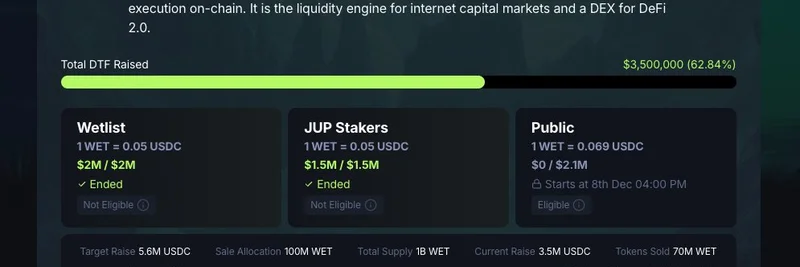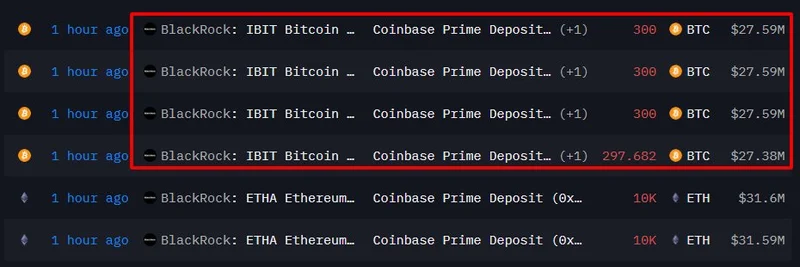Hey there, crypto enthusiasts! If you're deep into the world of meme tokens and blockchain tech, you've probably got your eyes peeled for any suspicious activity that could shake up the market. Recently, BlockSec's Phalcon tool spotlighted a transaction on Binance Smart Chain (BSC) that's got everyone buzzing. Involving a whopping $24 million in funds, the big question is: phishing attack or just a routine position tweak? Let's break it down step by step, keeping things straightforward so even if you're new to DeFi, you can follow along.
What Sparked the Buzz?
It all started with a tweet from @Phalcon_xyz, the monitoring arm of BlockSec, a top-tier blockchain security firm. They flagged this transaction as "interesting," hinting at potential foul play. The main event is this transaction on BSC, where massive amounts of assets were shuffled around. But to understand the full picture, we need to look at the prior approval step in this earlier transaction.
In simple terms, the approval transaction updated a delegate on the Venus Distribution contract. Venus is a popular DeFi lending protocol on BSC—think of it as a decentralized bank where you can borrow and lend crypto assets. This delegate approval essentially gave permission for another address to act on behalf of the owner, setting the stage for the bigger move.
Diving into the Main Transaction
Now, onto the juicy part: the $24M transaction itself. Here's what went down:
Key Players: The sender address is labeled as "Venus Exploiter" (0x0455ed2a52b6118a804bb01cb8e144dda7f75cb5), which already raises eyebrows—exploiter tags often point to addresses involved in past hacks or suspicious activities. The receiver was an ERC1967Proxy contract (0x7fd8f825e905c771285f510d8e428a2b69a6202a), a type of upgradable smart contract commonly used in DeFi.
What Happened: This wasn't your average transfer. It kicked off with a flash loan—a super-fast borrow-and-repay in one go, often used in advanced DeFi strategies or, unfortunately, exploits. Specifically, it borrowed around 285 BTCB (Binance-pegged Bitcoin). From there, it called methods like
repayBorrowBehalfandredeemBehalfon Venus's vTokens (virtual tokens representing deposits or borrows in the protocol).Tokens and Amounts Involved: We're talking big bucks here. Assets like BTCB (
285 units), XRP (152,674 units), USDT (millions in vUSDT equivalents), WBETH, FDUSD, USDC, and ETH were moved, repaid, or redeemed. In total, it adds up to about $24 million, with operations spanning thousands of internal calls—complex stuff that screams either pro-level trading or something shady.
Flash loans are legit tools for arbitrage or liquidations, but they're also a hacker's favorite for exploits because you don't need collateral upfront. The "exploiter" label and the sheer scale make this lean toward suspicious.
Phishing or Just Business as Usual?
Phalcon's tweet poses the million-dollar (or $24 million) question: Is this a phishing incident? Phishing in crypto often involves tricking users into approving malicious contracts via fake websites or dApps, leading to drained wallets. Here, the prior approval could be a red flag—if the owner was duped into delegating control, the exploiter could then liquidate or adjust positions without resistance.
On the flip side, it might be a legitimate position adjustment. In DeFi, whales (big holders) often use complex txns to optimize yields, repay loans, or hedge risks. Venus has seen exploits before, like the 2023 incident where millions were drained due to price oracle issues, so vigilance is key.
For meme token fans, why care? Meme coins thrive on BSC due to low fees and hype, but they're intertwined with DeFi protocols like Venus. An exploit here could trigger market volatility, liquidations, or even rug pulls in related tokens. If this turns out to be phishing, it underscores the need for tools like Phalcon to spot threats early—protecting your PEPE or DOGE holdings from collateral damage.
Staying Safe in the Meme Token Wild West
Incidents like this remind us that blockchain security isn't optional. Always double-check approvals on sites like Revoke.cash, use hardware wallets, and monitor alerts from services like BlockSec. If you're building or trading meme tokens, understanding DeFi mechanics can give you an edge—think of it as leveling up your crypto game.
We'll keep an eye on updates from Phalcon and the community. If more details emerge, Meme Insider will be your go-to for breakdowns. What do you think—is this phishing or par for the course? Drop your thoughts in the comments below!
For more on blockchain security and meme token insights, check out our knowledge base at meme-insider.com. Stay savvy, folks!



